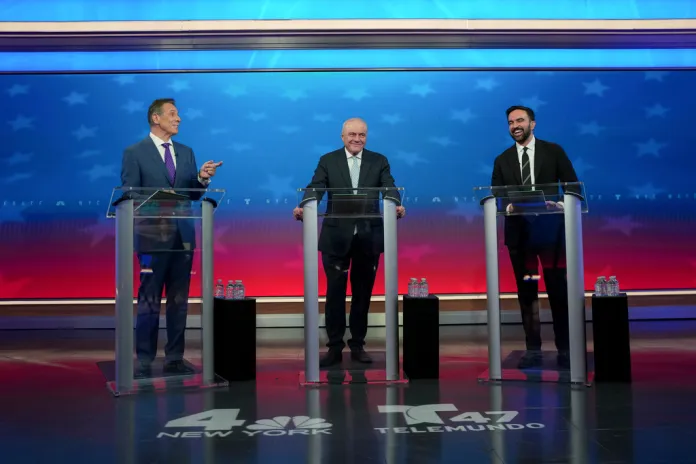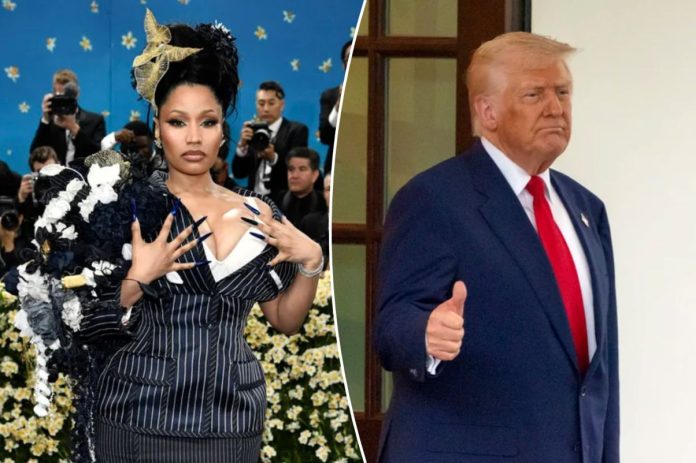Saturday night, the stage at Studio 8H transformed into a chaotic New York City mayoral debate, skewered and amplified by the sharp wit ofSaturday Night Live. The cold open didn’t just mimic the candidates; it dissected the very idea of wanting to lead a city perpetually on the brink.
Miles Teller, channeling former Governor Andrew Cuomo, immediately embraced the inherent misery of the office. His Cuomo didn’t promise solutions, but a head start on inevitable public disapproval – a darkly humorous acknowledgement of the mayor’s unenviable position.
Ramy Youssef’s portrayal of Democratic candidate Zohran Mamdani leaned into the ambitious, yet often unrealistic, promises of a campaign. He laid out a vision of free healthcare, affordable housing, and city-wide Wi-Fi, then immediately undercut it with a bracing dose of self-awareness.
The contrast was stark when Shane Gillis, as Republican candidate Curtis Sliwa, offered a brutally honest, single-sentence explanation for his candidacy: “I need a job.” It was a punchline delivered with the force of a confession.
The arrival of Kam Patterson, embodying current Mayor Eric Adams, added another layer of absurdity. His endorsement of Teller’s Cuomo was a bizarre, backhanded compliment, hinting at a shared… something, a connection he described as “like me, part two.”
Patterson’s performance quickly devolved into a confused repetition of an endorsement for a mangled version of Mamdani’s name, highlighting the chaotic energy and potential for missteps inherent in political maneuvering. The candidates themselves seemed eager to distance themselves from the endorsement.
When asked about the city’s most pressing issues – congestion, homelessness, immigration – the debate took an unexpected turn. The stage was invaded by James Austin Johnson, flawlessly impersonating former President Donald Trump.
Trump, as portrayed by Johnson, dismissed the actual concerns of the city, declaring the election was ultimately about *him*. His intention to be “very involved, very hands-on” felt less like support and more like a looming threat, a reminder of his enduring influence.
The humor wasn’t just about Trump’s ego, but a pointed reference to the scandal that forced Cuomo’s resignation. Johnson’s line about “hands-on” carried a chilling weight, acknowledging the serious allegations that shadowed Cuomo’s career.
The sketch subtly alluded to reports of Trump’s attempts to influence the race, including alleged phone calls to Cuomo and a reported offer to Adams. It painted a picture of a former president unable to let go of his connection to New York City, and determined to exert control.






